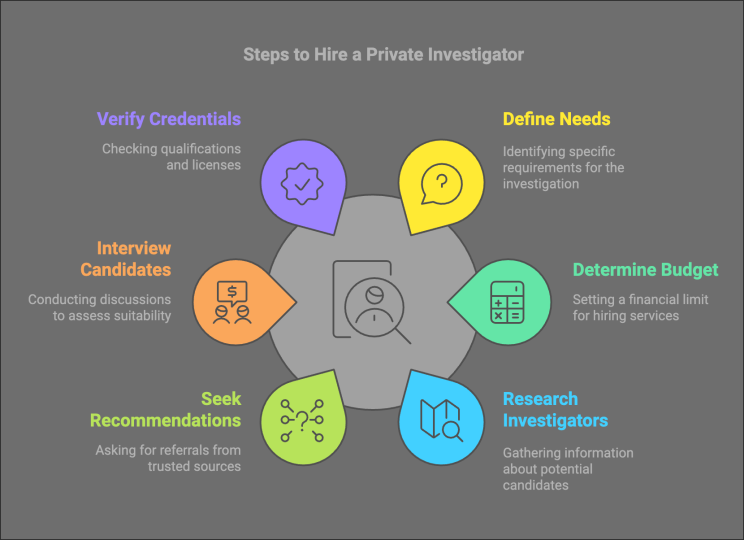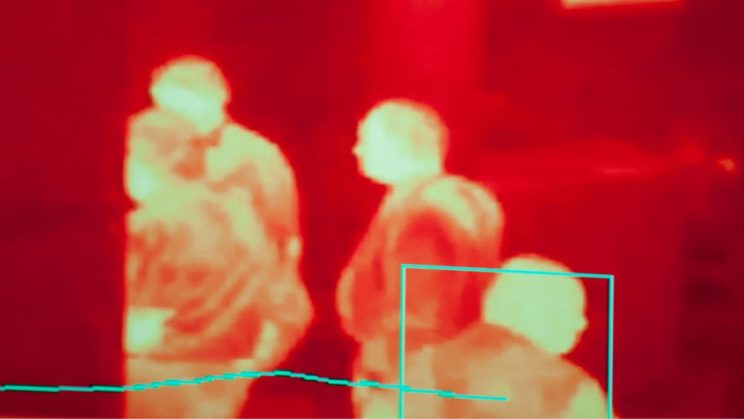Infidelity can shatter trust, disrupt relationships, and leave lasting emotional scars. But what truly drives someone to cheat? The psychology of infidelity delves into the emotional, cognitive, and even biological forces that may lead individuals down the path of betrayal. Understanding these psychological motivations offers insight not just for healing, but for prevention and growth.
What Is an Affair? The Emotional and Psychological Layers
At its core, what is an affair? It’s more than just a physical act — it’s often the result of unmet emotional needs, secrecy, and a breakdown in connection. Affairs typically involve emotional intimacy, physical closeness, or both with someone outside a committed relationship.

Emotional vs. Physical Affairs
- Emotional affairs involve deep personal connection without sexual contact.
- Physical affairs include sexual interaction, sometimes without emotional ties.
- Some infidelities blur these lines, creating even deeper betrayals.
Both types can be equally damaging, especially when trust and vulnerability are violated.
The Role of Secrecy and Deception
Affairs thrive on secrecy. Deceptive behavior is a key part of cheating and often includes:
- Hiding messages or calls
- Withdrawing emotionally or sexually
- Creating false narratives to justify absences
This secrecy can signal deeper psychological patterns — often rooted in guilt, shame, or avoidance.
Feel like your partner’s hiding something? Explore proven methods used to catch a cheating partner.
The Psychology Behind Infidelity
Exploring infidelity psychology helps reveal the underlying “why.” Cheating isn’t always about physical desire — it’s often about identity, emotional hunger, or internal conflict.
Root Causes: From Attachment Styles to Unmet Needs
- Insecure attachment styles (anxious or avoidant) can increase the risk of infidelity.
- Low self-esteem may drive someone to seek validation elsewhere.
- Emotional neglect in relationships leaves people vulnerable to external connection.
Cognitive Dissonance and Justifications
Cheaters often experience cognitive dissonance — the mental discomfort from acting against their values. To cope, they may justify their actions with thoughts like:
- “My partner doesn’t understand me.”
- “This doesn’t really count because it’s emotional only.”
These rationalizations reveal a deeper struggle between guilt and unmet needs.
Learn how personality traits often seen in men who cheat play a role in these justifications.
The Role of Opportunity and Impulse
While many affairs are planned, others stem from impulsive decisions fueled by:
- Alcohol or substance use
- High-risk environments (work trips, social media)
- Temptation and lack of self-control
Even brief lapses in judgment can lead to long-term damage.
The Aftermath of an Affair: Emotional and Mental Impact
Whether you’re the betrayed or the betrayer, infidelity can be psychologically devastating.

Betrayal Trauma and Relationship Breakdown
Betrayal trauma can cause symptoms similar to PTSD:
- Flashbacks of the affair
- Hypervigilance
- Emotional numbing or withdrawal
The sense of safety in the relationship is deeply shaken.
Mental Health Effects on Both Partners
For the betrayed:
- Anxiety
- Depression
- Loss of self-worth
For the unfaithful partner:
- Guilt and shame
- Fear of losing the relationship
- Internal conflict and confusion
Are you feeling emotionally dismissed? Learn the signs you’re not being valued in your relationship.
Healing: Can Trust Be Rebuilt?
Yes — but it’s a process. Rebuilding requires:
- Complete transparency
- Therapy or counseling
- Time and patience
How Private Investigators Help Uncover the Truth
When emotions are high, clarity is crucial. That’s where private investigators come in.
Types of Evidence of an Affair
Investigators may uncover:
- Hotel bookings and receipts
- Hidden text messages
- GPS locations
- Photos or video surveillance
This evidence can bring closure, confirm suspicions, or reveal truths unknown.
The Importance of Discretion and Confidentiality
Investigators operate with strict confidentiality. You can expect:
- Discreet surveillance
- Legally obtained evidence
- Objective reporting
Frequently Asked Questions (FAQs)
1. What is the psychology behind cheating in relationships?
Cheating often stems from unmet emotional needs, poor impulse control, or attachment insecurities.
2. Can someone love you and still cheat?
Yes. Infidelity may occur even when love is present due to emotional immaturity, self-sabotage, or external temptations.
3. How does infidelity affect the brain?
Infidelity can trigger stress responses similar to trauma, causing anxiety, obsessive thinking, and emotional distress.
4. Is emotional cheating worse than physical cheating?
It depends. Emotional cheating can feel deeper due to the betrayal of connection and intimacy, even without physical contact.
5. What role does therapy play after infidelity?
Therapy helps both partners process pain, rebuild trust, and understand the root causes of betrayal.
Conclusion
The psychology of infidelity reveals that cheating is rarely just about sex — it’s about emotional disconnection, psychological needs, and complex human behaviors. Understanding these layers can help partners heal, grow, or make empowered decisions about their future. If you’re facing uncertainty, seeking truth, or recovering from betrayal, know that support is available.


























































